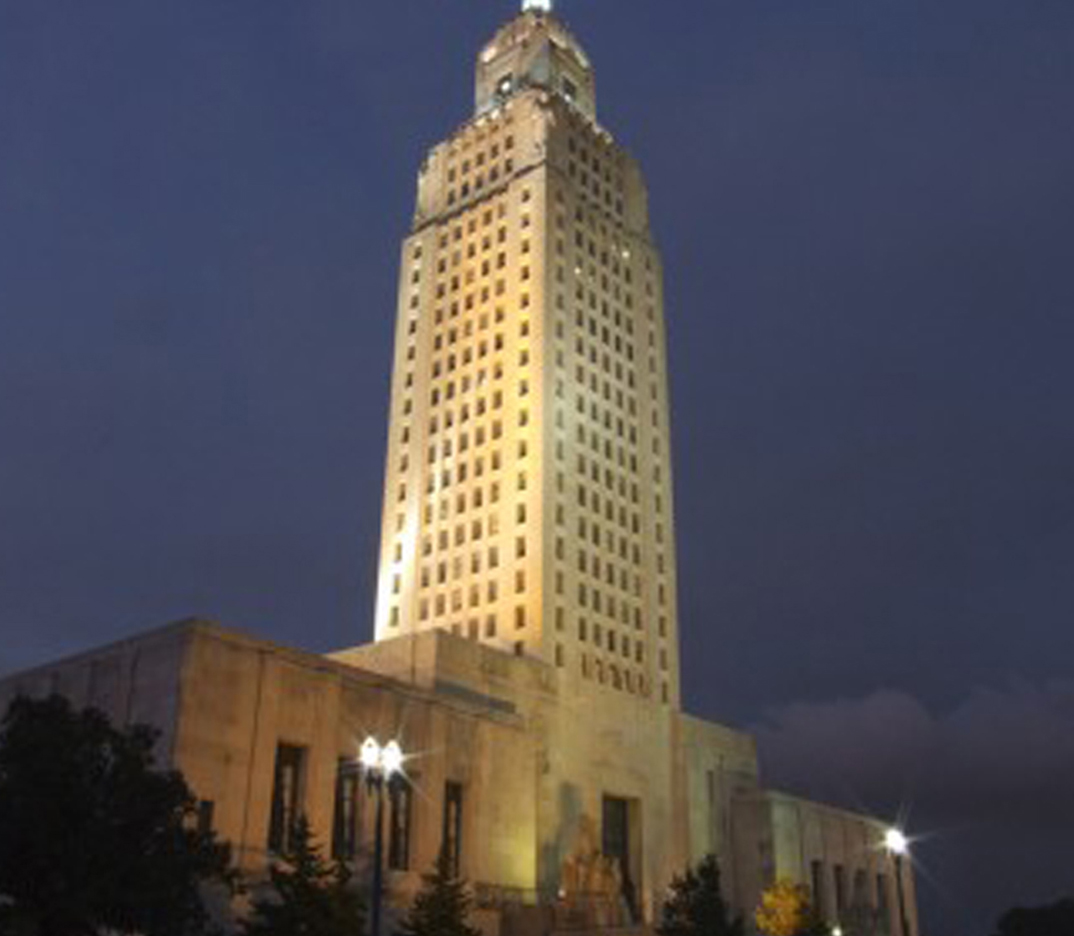BATON ROUGE — A $28 billion-plus Louisiana operating budget won final legislative passage Friday, a week later than expected, after a stalemate in the spending negotiations forced lawmakers into a special session.
With a 26-9 vote, the Senate sent the bill to Gov. John Bel Edwards, who supports it. A package of state construction financing plans awaits consideration in the House, and if approved there Friday afternoon, the special session will end a few days earlier than the Monday deadline.
Senate leaders successfully worked to avoid rewriting or tweaking the operating budget, so it didn’t need a second vote in the House after it narrowly won support there against the wishes of the House GOP leadership.
The spending plan for the fiscal year that begins July 1 will keep most agencies free of cuts and fully fund the TOPS free college tuition program. More than 38,000 state government workers will get 2 percent pay raises, and dollars will be allocated for a new juvenile prison facility that had been vacant to finally open in Acadiana.
“It’s austere, but it’s smart and it’s reasonable,” said Senate Finance Chairman Eric LaFleur, a Ville Platte Democrat. “It’s a good budget.”
Prisons, state police, public colleges and the child welfare agency will be among those areas shielded from reductions. It’s the first time college campuses will be spared state financing cuts in nearly a decade.
University of Louisiana System President Jim Henderson praised the spending plan.
“While we still trail our competitors in terms of resources per student, the stability in state funding and the fulfillment of the TOPS promise position our universities to deliver an even greater return on investment,” he said in a statement.
Some programs will see reductions. Mental health services will get less money, as will a program for “medically fragile” children and the private operators of Louisiana’s safety-net hospitals and clinics.
The spending plan contains no tax hikes, after the House bottled up all of Edwards’ efforts to raise taxes in the regular legislative session.
Nearly all the budget’s opponents in both the House and Senate were Republicans, including House GOP leaders, who worry the bill spends too much money and could set the state up for another round of midyear cuts.
At issue is the reliability of the state income forecast. When revenues come up short of the projections, agencies must make midyear cuts, a situation that has repeatedly occurred over the past nine years. Some Republicans believe that will happen again.
“I philosophically do not agree with spending all of our projected revenue when we have 30 years of history that shows us we are always off,” said Sen. Sharon Hewitt, a Slidell Republican.
Republican Sen. Conrad Appel said the budget does nothing to shrink spending to “soften the landing” of a more than $1 billion budget gap that hits a year from now.
“I’m going to vote no. It’s not because it’s a bad budget. It’s because it’s a bad budget in our times,” said Appel, of Metairie.
Sen. Jack Donahue, a Mandeville Republican, called it the best budget he’s seen in his 10 years as a lawmaker, but voted against it because he said it puts Louisiana on an unsustainable path of increased spending amid looming gaps.
Sen. Norby Chabert, a Houma Republican, supported the budget, saying: “It’s just like me, far from perfect, but I’m trying.”
Backers praised the bill for not using patchwork funding to pay for ongoing services.
“This is the first budget in a long time that is free of gimmicks,” said Sen. J.P. Morrell, a New Orleans Democrat.
With a unanimous vote, senators also gave final passage to a bill patching $80 million in budget holes — in prisons spending, education funding and other areas — before the current financial year ends this month.
The special session was called after Edwards, the House and Senate failed to strike a spending agreement in the regular legislative session that ended last week. It was the first time the Legislature wrapped up a regular session without passing a budget in 17 years.
The special session costs taxpayers an estimated $50,000 to $60,000 a day.





